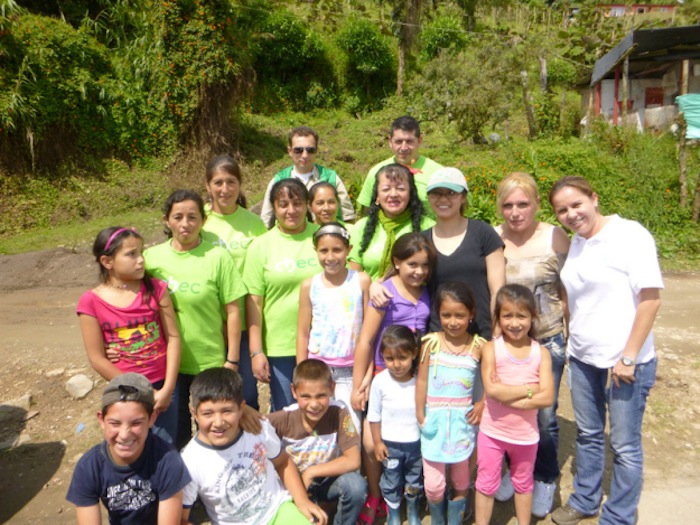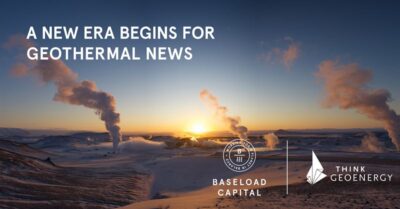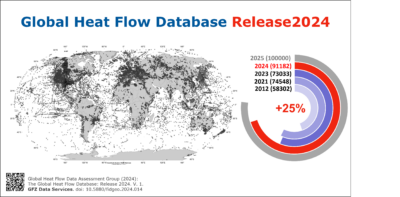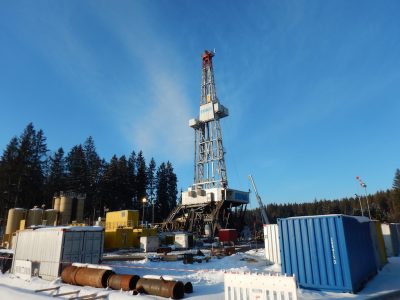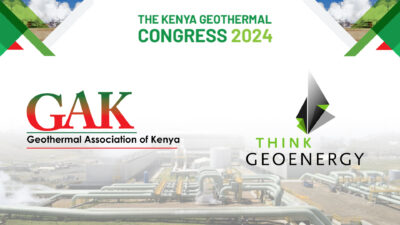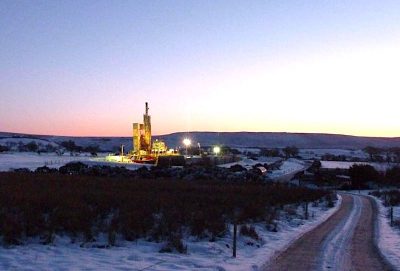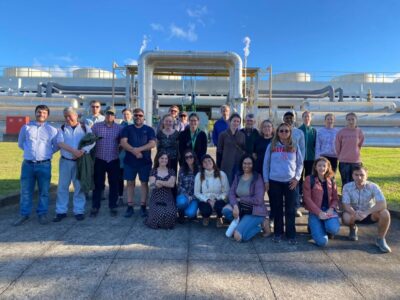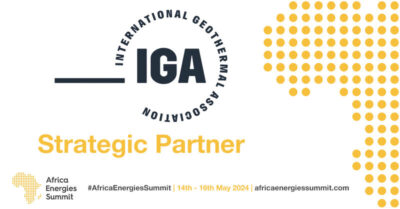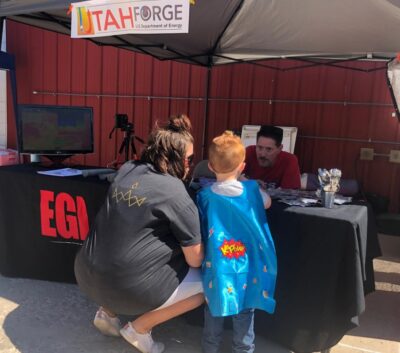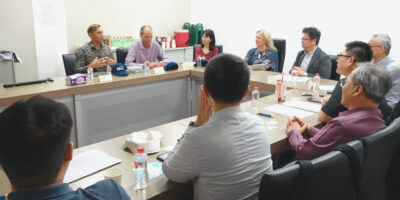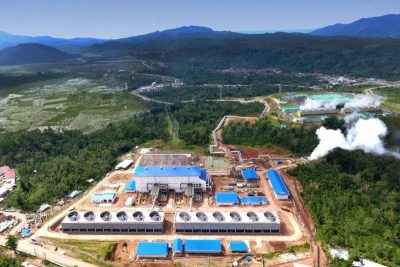Rethinking the Environmental-Social Impact Assessment Model
In this republished guest post, Kara Dewhurst of Dewhurst Group in the U.S., describes why the geothermal energy industry should take the opportunity to rethink the Environmental-Social Impact Assessment Model.
In a rather interesting guest article published initially on the GeoEnergist Blog of the U.S. Geothermal Energy Association, Kara Dewhurst of the Dewhurst Group, describes an interesting topic on social impact of geothermal development and how this can be assessed. Dewhurst has allowed the re-publication of the article here on ThinkGeoEnergy. Thank you.
Article:
Social impact assessments (SIA) have a long history within the development community as a way to evaluate the potential impacts of a wide variety of development projects on people. But existing models for SIAs are inadequate in many cases, and the geothermal industry has an opportunity to pioneer improved models and to help reduce potentially negative impacts that vary from place to place.
The impacts of development on people may be social, economic, political, or cultural. For example, it is estimated that millions of people have been displaced by the construction of large dams around the world, exacerbating already existing inequalities in many developing countries. From both a humanitarian and business perspective, these social costs must be accounted for; however, SIAs remain largely unregulated. The result is wide variance in the quality and thoroughness of the assessments that have been undertaken by governments, NGOs and private companies, and sometimes social impacts are not considered in the planning process at all.
In most cases, SIAs are carried out in conjunction with environmental impact assessments and reported as an Environmental and Social Impact Assessment (ESIA). This model has been widely adopted, including within the geothermal community. I believe that this model is largely inadequate in addressing the social impact of geothermal development in the developing world. The social component tends to play a minor role and is often conflated with environmental impacts.
Rather than SIAs being relegated to the field of “social entrepreneurship” or worse, used as a charitable gesture, I argue that it is in the business interests of governments and private companies to do a better job of incorporating SIAs into the planning process. We know from experience that everyone benefits when the interests of all people are included and when people are well informed.
There are still many challenges and unknowns that remain when conducting SIAs, especially for geothermal. There is no single protocol, not only because it is unregulated but also because geothermal projects are so site specific. It will take much more research and careful planning, but I am confident that geothermal can be a pioneer in the development community for reducing the negative impact on people and hopefully even improving the communities where we work.
Kara Dewhurst is Programs Director of Social Development for the Dewhurst Group, a GEA member. Ms. Dewhurst has an M.A. in Sociology from the University of Virginia and is currently completing her Ph.D., also in Sociology, with a focus on development.
